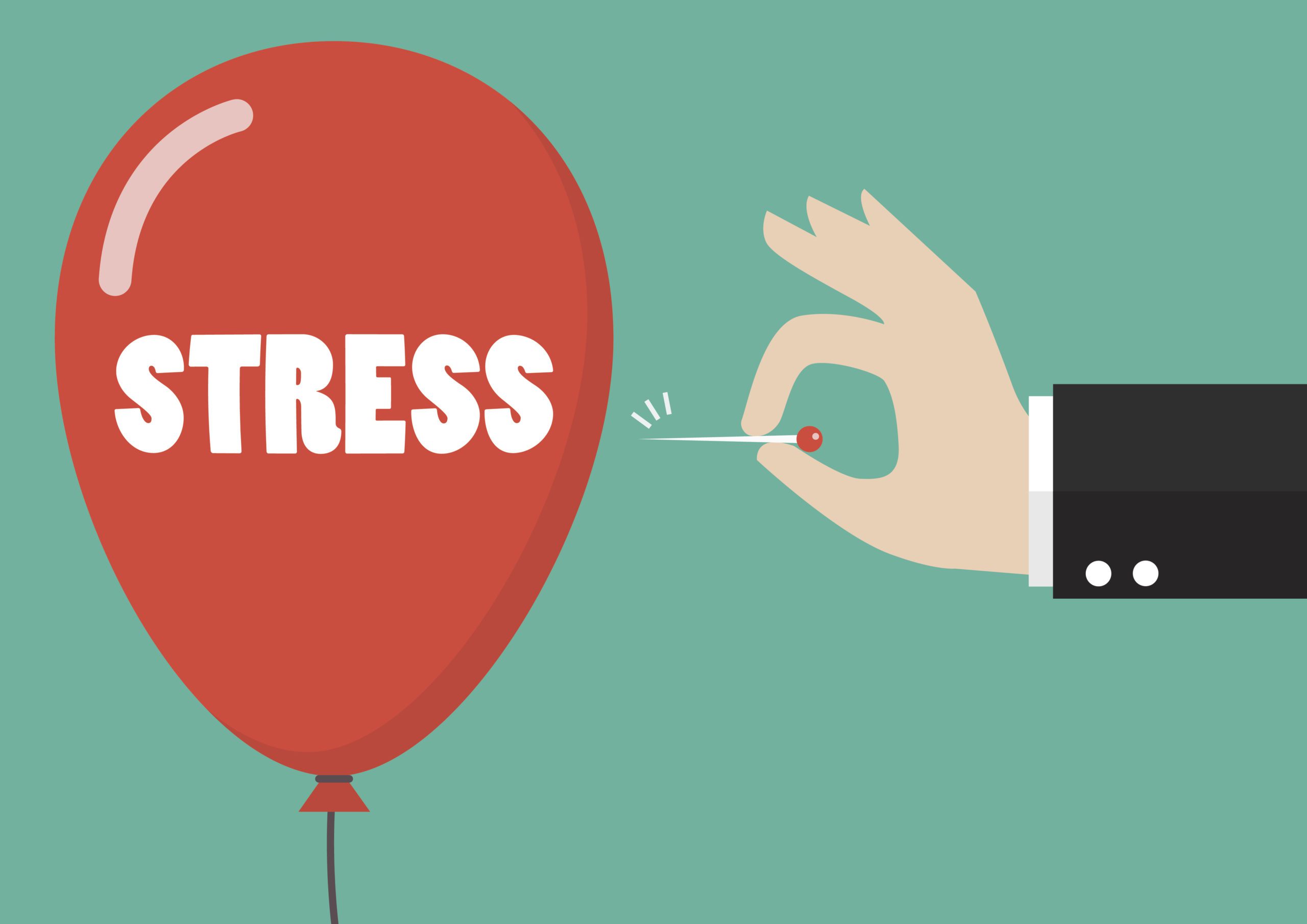
How to reduce stress: 6 steps to manage stress
Discover how to defeat stress
Stress is a very common condition in our society. Usually, it is characterized by a great worry caused by a difficult situation. It is hard not to suffer from it throughout our life as we live in a world in which being calm and relaxed is a luxury. What is important here is to know how to cope with it when we find ourselves in that situation. As you all know, stress can be caused by multiple factors, for instance, work, studies, relationships or personal problems. Nevertheless, not everyone gets stressed by the same things. Obviously, resilience plays an important role when referring to stress. You can be more or less tolerant to certain situations. If you are less capable of coping with life challenges, changes and unpleasant situations, you will probably experience more stress than someone who does.
In order to live peacefully and calm, it is crucial to learn how to manage stress. In MedVisit you will find the help you need, so don’t doubt contacting us in case you need it.

Does stress affect our body?
Of course it does. An stressful situation can lead to a physical reaction known as stress response. When this happens, the brain releases a warning message to the muscles and the adrenal glands. The adrenal glands are responsible for releasing the stress hormones such as, adrenaline and cortisol. In that moment, a mechanism of response to stress starts in our body. Therefore, we experience our heart starts beating faster, there is a rise in our blood pressure and our breath accelerates. These mechanisms are the response of our body towards an stressing or apparently dangerous situation. These reactions are also known as “fight or flight” response.
Experiencing stress is not rare, but if it is not well managed, it can lead to physical or mental damage. According to Harvard Health Publishing, many reports have shown that stress can be really damaging if untreated. What is more, it can become a chronic disease if it is not reversed on time. Indeed, chronic stress can carries serious health consequences. Among them we find insomnia, anxiety, muscle main, high blood pressure and a weakened immune system. However, it can also lead to depression, heart disease and obesity. Considering all this, it is important to take stress seriously and start changing some of our actions in order to prevent it. If you seek help on how to manage stress, you can ask one our top doctors. Your health is our priority.
Causes and symptoms of stress
Symptoms vary from one person to another, some of them can be physical, experiencing back pain, headaches, indigestion or heart palpitations. But others can involve our mental and emotional sphere. In this second group we find symptoms such as irritability, being constantly crying, impatience, anger, dysfunctional sleep or communication problems. It is important to be able to identify these symptoms to start feeling better. Therefore, here you can find some of the most common ones: feeling pressured or overwhelmed, being impatient, experiencing physical pain, communication problems and sleep deprivation.
How to cope with stress
If you want to feel better, you will have to make a change. Here you have some suggestions:
Habits you can change
1. Exercise: doing sport has multiple benefits both physically and psychologically. Regular exercise can boost your confidence as you feel better with your body. According to Robert Gotlin DO, an specialist in sports medicine, exercise boosts your energy levels, increases your endorphins levels, improves your sleep and sharper focus.
So, what are you waiting fore? Try it and you’ll see how better you feel. The fact that we feel happier after doing sport has a scientific reason, which is that while doing sport, our body produces chemicals responsible of changing our mood. Endorphins released, for instance, contribute to a feeling of euphoria known as the “runners high”. Just by doing sport half an hour per day, you will notice a huge difference. If you don’t know what to do, you could go running in Carretera de les Aigües in Collserola, which is one of the most popular routes for runners in Barcelona.

2. Mind your diet: a healthy and balanced diet is key to feel strong both physically and mentally. Therefore, you should try eating more fruits and vegetables while reducing meat consumption. If you are interested on how to become healthier, take a look at our 10 healthy tips.
3. Breath: it can seem irrelevant, but it isn’t. When you feel stressed, try taking a deep breath in and then let it all out, repeat this exercise several times and you’ll feel better.
Introspection
4. Identify what causes you stress: you can’t solve something when you don’t know which is the cause. One of the first steps to manage the daily pressure is to understand which are the causes that generate you stress. Once you have understood this, as a result, you will be able to find a solution and overcome it.
5. Relax: we are so stressed that we are not able to identify our necessities. Find time to eat slowly and without any device and you will feel more calmed and relaxed. Disconnect and do those things you like but that you never find time to do. In order to balance your mind and body, you need to balance you work and recreative life. Activities, such as meditation could also help.
6. What do you like?: hobbies allow you to disconnect and reconnect with yourself. Sport is great, but if you don’t like it try new things like art or music, which can be really enriching in many ways. On the one hand, art is a way to express yourself without words, it gives you a peace of mind which is difficult to describe. It can help you manage your negative emotions and reduce your stress or anxiety. On the other hand, music can bring you to different places without leaving your home, it can bring you memories and make you cry. But, overall, it is another language and help releasing stress. Click here to discover more things about the link between music and stress.
We hope you can follow our advice and learn how to manage stress, but if you ever need help, contact us and we will be there for you.
